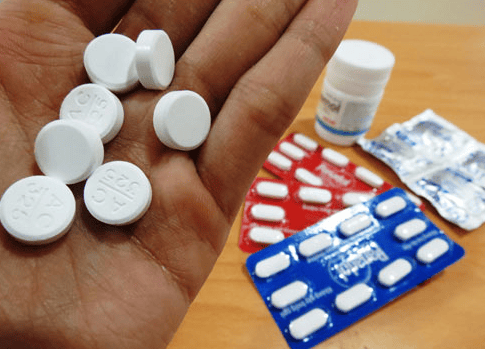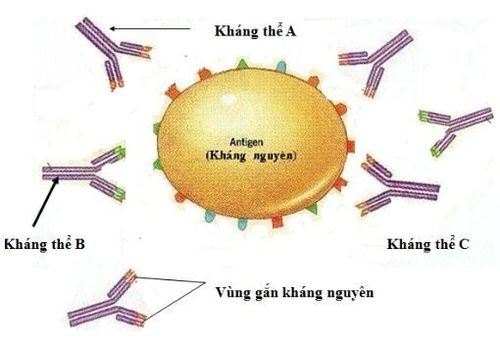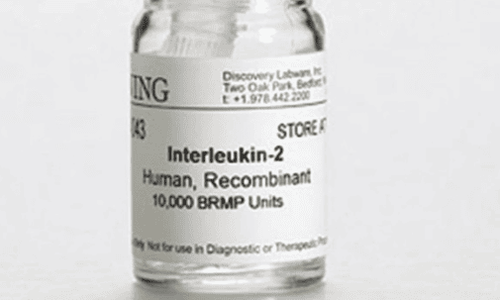This is an automatically translated article.
The article was professionally consulted with MSc.BS Nguyen Huy Nhat - Department of Medical Examination & Internal Medicine - Vinmec Danang International General Hospital.Many people breathe in certain types of dust particles that can cause a type of lung disease called hypersensitivity pneumonitis. This is an allergic reaction that causes symptoms such as coughing and difficulty breathing. The disease can be acute or chronic if not treated promptly.
1. What is hypersensitivity pneumonitis?
Many people may not have a big problem breathing in the dust, but for some it can cause a lung disease called hypersensitivity pneumonitis. This is an allergic reaction to inhaled dust particles, so the disease belongs to the group of allergic lung diseases. Non-asthmatic, non-allergic, and occupational hypersensitivity lung disease in persons exposed to airway organic antigens (mold, bacteria, proteins and chemicals) causing acute lung disease and chronic.Normally, the immune system plays a role in protecting the body against disease-causing germs in organs and parts of the body, including the lungs. This process causes inflammation in the lungs to remove pathogens.
After a while, the body eliminates the causative agent, the inflammatory process stops. But in some people with hypersensitivity, the lungs become inflamed and cause symptoms of hypersensitivity pneumonitis.
If the disease is detected early and the causative agent is removed, the patient can be completely cured, but if you are exposed to the allergen many times, the lungs will become inflamed and scar, making it harder to breathe than usual. often. Hypersensitivity pneumonia can be confused with other lung diseases such as asthma.
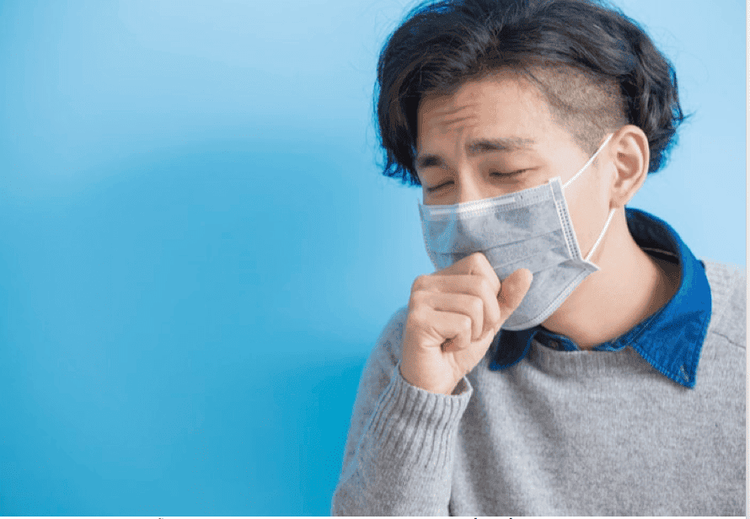
2. The causative agent of hypersensitivity pneumonitis
Pathogens can be present in the home, at work, or anywhere the sick person frequents. Exposure to these agents may have been going on for several months or years before you developed an allergic reaction to them.Some causative agents of hypersensitivity pneumonitis are:
Fur Fungi grow in air conditioning, heating systems,... Feces and feathers Mold on hay, straw or fodder Bacteria in steam from hot tubs Patients can be susceptible to hypersensitivity pneumonitis if their work involves frequent exposure to these agents. But not everyone exposed to these agents will develop hypersensitivity pneumonitis. So experts think there may be certain genes that play a role in the condition.
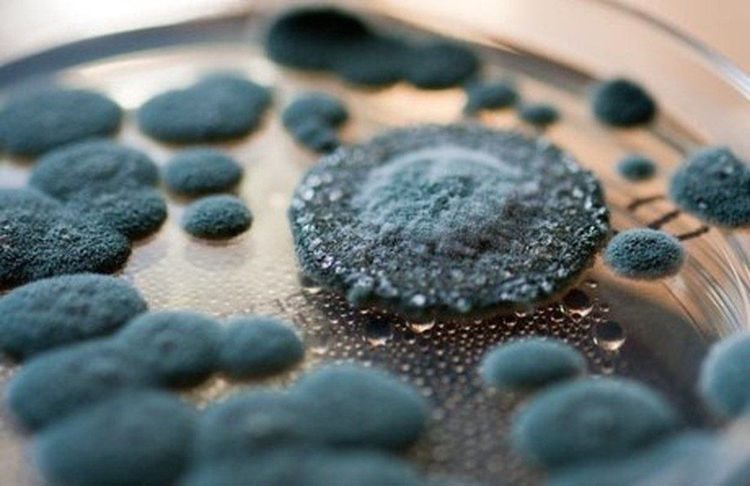
3. Symptoms and types of hypersensitivity pneumonitis
Based on duration of illness and severity of symptoms, hypersensitivity pneumonitis is divided into the following three types:Acute hypersensitivity pneumonitis: This is a serious condition that lasts for a short time. Patients feel flu-like after being exposed to pathogens. Symptoms will improve if exposure to them is stopped. Possible symptoms include: Cough Shortness of breath Feeling tight in the chest Fever Chills Sweating Fatigue These symptoms can last from 12 hours to several days.
Subacute hypersensitivity pneumonitis: It can occur when you are exposed to low levels of dust over time. A fever can be the beginning of an illness. Then you experience shortness of breath, fatigue, and a cough that comes on for weeks or months. This is hypersensitivity pneumonitis that tends to get worse over time. Chronic hypersensitivity pneumonitis: This is a long-term inflammation of the lungs that occurs after a period of exposure to the agents. You may experience symptoms such as shortness of breath, fatigue, cough, and weight loss that come on slowly and get worse. This type of hypersensitivity pneumonitis can leave permanent lung scars.

4. How to diagnose hypersensitivity pneumonitis?
To find out if a person may have hypersensitivity pneumonitis, the doctor will look at the types of dust the patient may have been exposed to by asking questions such as:Have you been in contact with birds? Any pet? Do you have a hot tub? Have you been near a humidifier, heater, or air conditioner? Your doctor will then perform a physical exam of your lungs, listening to your lungs to look for abnormal sounds in your lungs, and checking your blood oxygen levels. You may be asked to have some tests such as:
Blood tests Chest X-ray or CT scan Tests to evaluate the functioning of the lungs Lung biopsy.

5. Treatment of hypersensitivity pneumonia
The most important thing in the treatment of hypersensitivity pneumonia is that the patient must stay away from the causative agent. If you have chronic hypersensitivity pneumonitis, you may need steroid medication to help reduce inflammation.Early research suggests that drugs that suppress the immune system such as azathioprine (Imuran) or rituximab (Rituxan) may be helpful in treating hypersensitivity pneumonitis, but more studies are needed to evaluate effectiveness and side effects.
Patients may also need pulmonary rehabilitation - a program that helps people with breathing problems improve their health.
If you are having difficulty breathing, you may need to use oxygen through a mask or an endotracheal tube depending on the extent. Some patients need oxygen all the time, while others only need it during exercise or sleep.
For patients with a lot of scarring in the lungs, a lung transplant may be the best option for treatment.
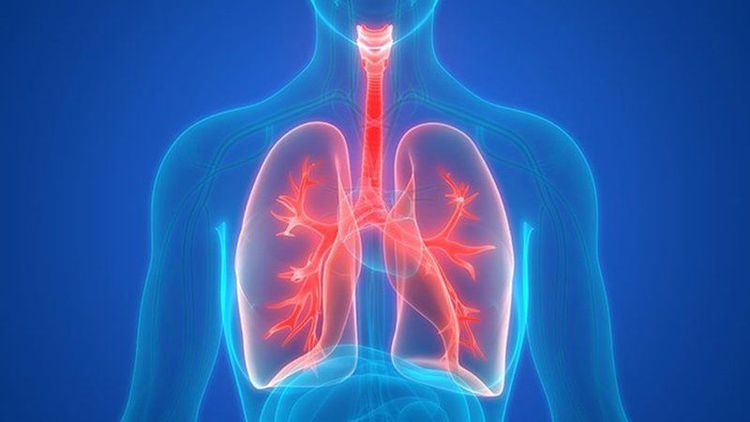
6. Living with hypersensitivity pneumonitis
There's a lot you can do to help yourself stay healthy with hypersensitivity pneumonitis, including:See a doctor for treatment for any symptoms such as fatigue or shortness of breath. Get the necessary vaccines, especially the flu shot, to avoid infections that can damage your lungs. Practice exercises that are suitable for your health condition. Quit smoking: Smoking makes the disease worse and especially those who are in the chronic stage. Vinmec International General Hospital with a system of modern facilities, medical equipment and a team of experts and doctors with many years of experience in medical examination and treatment, patients can rest assured to visit. and hospital treatment.
Please dial HOTLINE for more information or register for an appointment HERE. Download MyVinmec app to make appointments faster and to manage your bookings easily.
Reference source: webmd.com






